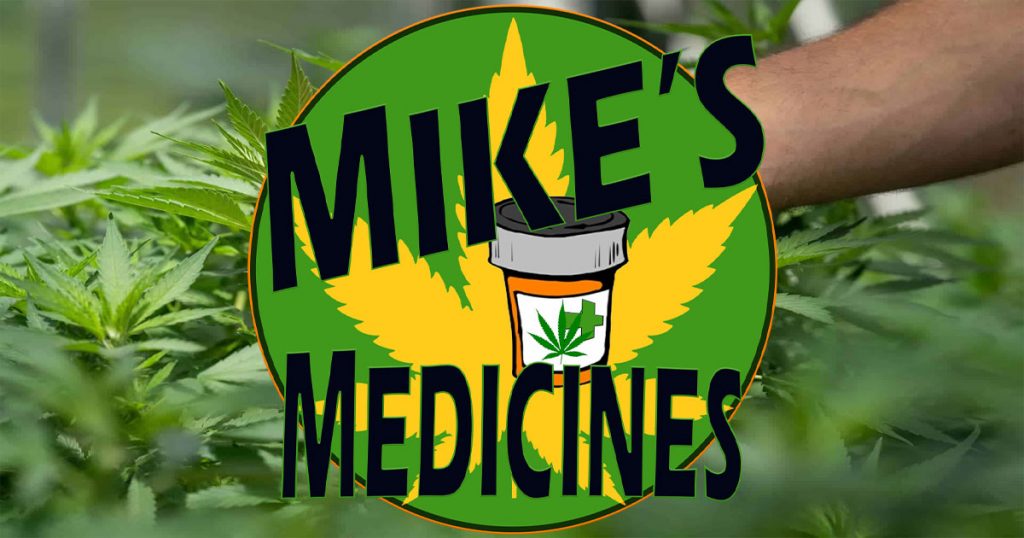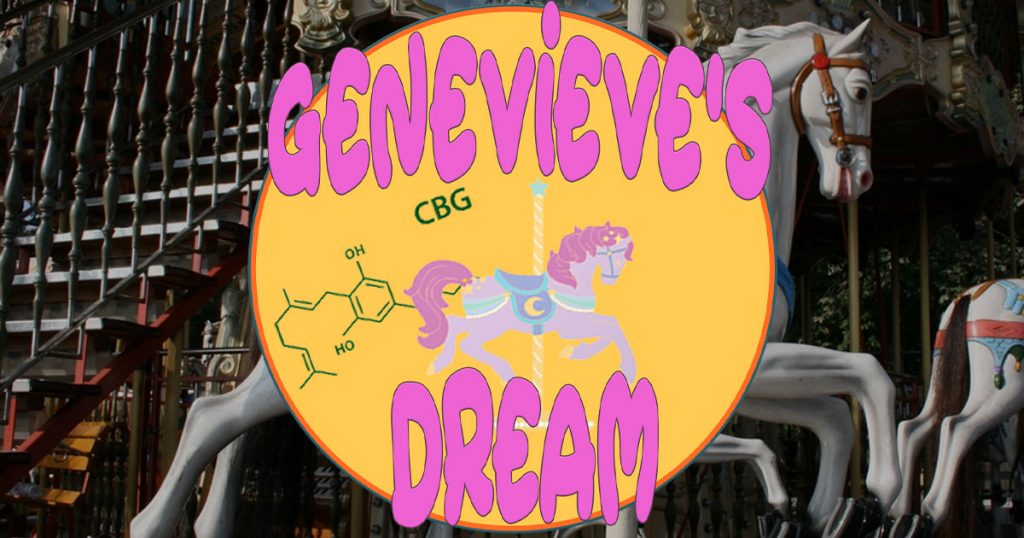As I near the three-year mark in the recovery journey from a 24-year pharmaceutical opioid addiction, one issue that seems to be fading is PAWS or Post Acute Withdrawal Syndrome. This is a literal concert of issues that can occur when people cease the use of addictive substances – and alcohol actually tops the list. For this reason, Anne Mari who celebrated 4 years sober also relies on cannabinoids and plant extracts to fight off the various effects that this once thought to be a phenomenon causes that include temporary moments of anxiety and depression that can last with some people for years as well as differing anxieties and sleep issues.
It’s defining a myriad of health issues generally thought to be psychological into one acronym, PAWS, which fits the script of what’s going on with people who’ve abandoned their prescription drugs, illicit, or alcohol. Since Cannabis and its extracts have so many different abilities and work in various ways depending on the individual, for us, it’s been the perfect ‘make your own concoction’ type of way to beat up this well-known issue that troubles many that are in the world of recovery. Often, it’s the depression and anxiety involved within it that can cause relapse so the treatment of PAWS is imperative.
PAWS as defined by the University of TX School of Biomedical Informatics:
It’s widely understood that withdrawal from alcohol or other drugs can involve everything
from physical discomfort to life-threatening conditions. What are less known but very
common are the lingering effects of withdrawal, called “post-acute withdrawal syndrome”
(PAWS), which can seriously challenge sobriety.
These symptoms are a result of brain dysfunction caused by the brain readjusting to being without alcohol and drugs. Recovery from PAWS usually takes somewhere between six and 24 months. If you understand what
the symptoms are, you are in a position to manage them.
Successful management of your
alcohol or drug withdrawal symptoms will help you feel better physically and emotionally,
improve your self-esteem, and reduce your risk of relapse.
PAWS symptoms can include:
* Inability to think clearly
* Memory problems
* Emotional overreactions or numbness
* Sleep disturbances
* Physical coordination problems
* Stress sensitivity
*Emotional overreaction or numbness
• Reaction disproportionate to the event
The following are suggestions that can help you manage or respond to any or all of the typical PAWS symptoms.
Difficulty thinking clearly
Symptoms
• Concentration problems
• Abstract thinking problems
• Circular thinking
Suggestions
• Limit the amount of time you spend on any one task to no more than 15 minutes.
• Increase the time only when you are consistently successful.
• Give yourself permission to be a concrete thinker for this period.
• Interrupt the circular thinking cycle by doing something very different (e.g. talk to a
friend, listen to music, workout).
Memory problems
• Short-term memory—most common
Suggestions
• Give yourself permission to sometimes not be able to remember things for even 15
minutes.
• Tell your trusted friends about your memory problem, letting them know it is a PAWS
symptom.
Emotional overreaction or numbness
• Reaction disproportionate to event
• Emotional numbness if emotionally overloaded
• Unpredictable mood swings
Suggestions
• Discuss your possible overreaction with as many of those with whom you live and work,
explaining that it is a symptom of post-acute withdrawal syndrome.
• Negotiate with those friends to be able to talk with you about your reaction when it
seems to be disproportionate.
• Recognize that frequent mood swings are a symptom of PAWS.
• Negotiate with trusted friends, giving them permission to talk with you about your
mood swings and provide reality checks.
Sleep disturbances
• Nightmares/terrors
• Difficulty falling asleep, staying asleep
• Changes in sleep patterns
Suggestions
• Acknowledge sleep problems as a symptom of PAWS.
• Trust that “this too shall pass.”
Physical coordination problems
• Dizziness
• Balance problems
• Sluggish reflexes
• Impaired eye-hand coordination
Suggestions
• Identify, as best you can, under what circumstances these symptoms occur and what
has triggered them.
• Avoid high-risk situations when you are experiencing these symptoms (e.g. operating a
motor vehicle).
• Tell your family and co-workers about your symptoms so that they don’t think you have
relapsed.
Stress sensitivity
• Difficulty managing stress
• All other PAWS symptoms can increase during times of high stress, making managing
stress more difficult
Suggestions
• Get to know your stress triggers and your stress threshold.
• Do all you can to minimize your stress triggers.
• Let trusted friends, family members, counselors, and your sponsor know about your
stress triggers.
• Be prepared to experience an increase in other PAWS symptoms if you are under high
stress.
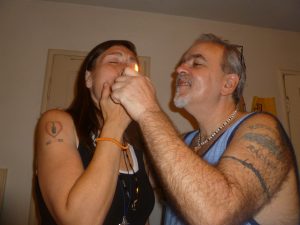
For the two of us, it was the inhalation of cannabis, so we thought that worked best. This was the beginning of our fight to beat PAWS as it was much more recognized in our home after I quit Opioids. We became a united team in Recovery when I joined Anne Mari, declaring alcohol off limits and any substances that I could abuse regardless of whether or not a doctor permitted it via an Rx pad.
Both of us found that it takes ingestion and that our inhalation practices of the past overloaded our systems. But, we are individuals, and while I prefer a lot more ingestion, she still uses vaporization and other combustion.
There are no cookie-cutter answers for cannabinoids and exactly how to fight PAWS, but there is a lot of hope as discoveries are made daily. Throughout the past three years as a researcher, I’ve been my guinea pig in seeing what will work the best on my unique system. Still, as my Endocannabinoid Tone increases in health, it becomes more challenging to fuel the system without overload.
The old saying “too much of a good thing” can be accurate, but there’s no way to predetermine this in cannabis patients. With PAWS, in my studies, I’ve found that endocannabinoid response is critical and that we need to be using far more than THC alone. My journey became more pleasant when I started looking at endocannabinoid balance. As a couple, we both look much different in appearance due to quitting our lousy habit and the use of multitudes of ingested cannabinoids.
PAWS: There’s so much more to learn, and so many lives that could be changed or saved with cannabinoid medicine and basic care for one another.
Our family thrives because we quit the substances and as we celebrate another sober Christmas together we don’t consider Cannabis a schedule one narcotic like the federal government still does with the seriously stalled end to prohibition. Instead, we celebrate nature and we teach about medicine and love. Our entire family uses plant extracts of various types and all of us have some form of social or other anxiety along with other fun labels.
It’s Cannabis that comes to the rescue in its many forms. Remember, it’s all cannabis whether it’s THC, CBD, or CBG – as all of it is part of a family of flowering plants known as Cannabaceae.
-Mike Robinson, Cannabis Patient and Founder, Global Cannabinoid Research Center. But, most of all, Genevieve’s Daddy
Sign up to receive informative and exciting email updates from Mike's Medicines!
You can sign up for our mail list here:
Didn't find what you are looking for?
Find exactly what you want to when you want it.
Browse through our archives by date, category or by entering a topic in the provided search field.
Archives
Categories
More to come as we have time to add them – there’s 100’s of additional publications!
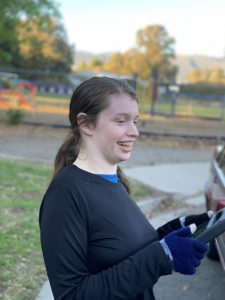
We’ve made it easy for you to read Mike’s Medicine Blog or visit any of the Menu items right from here. It is that simple! Explore Mikes Medicines by clicking on the button below:
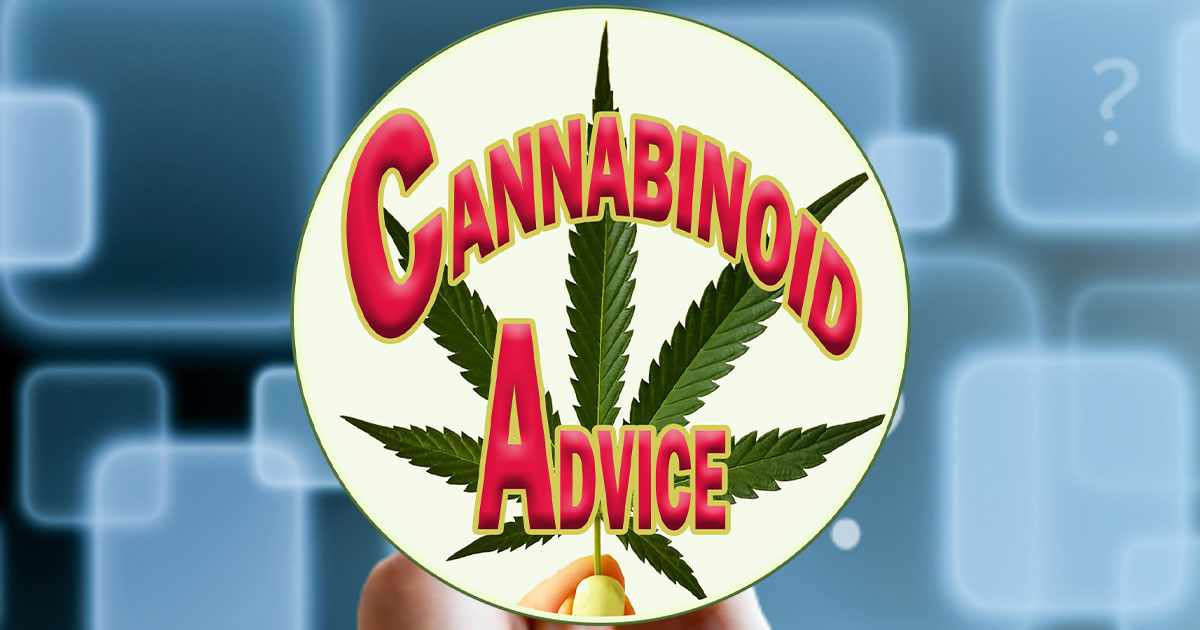
Read about how Cannabis Compassion and love created Mike’s beautiful family, the Cannabis Love Story inspires millions daily:
Genevieve’s Dream is all about her love for the Carousel coupled with her Cannabinoid Medicine journey – read more and make contact if you’re interested in collaborating with Mike!
The Global Cannabinoid Research Center is a trusted source for education, R&D, and more – make contact with us to collaborate.



